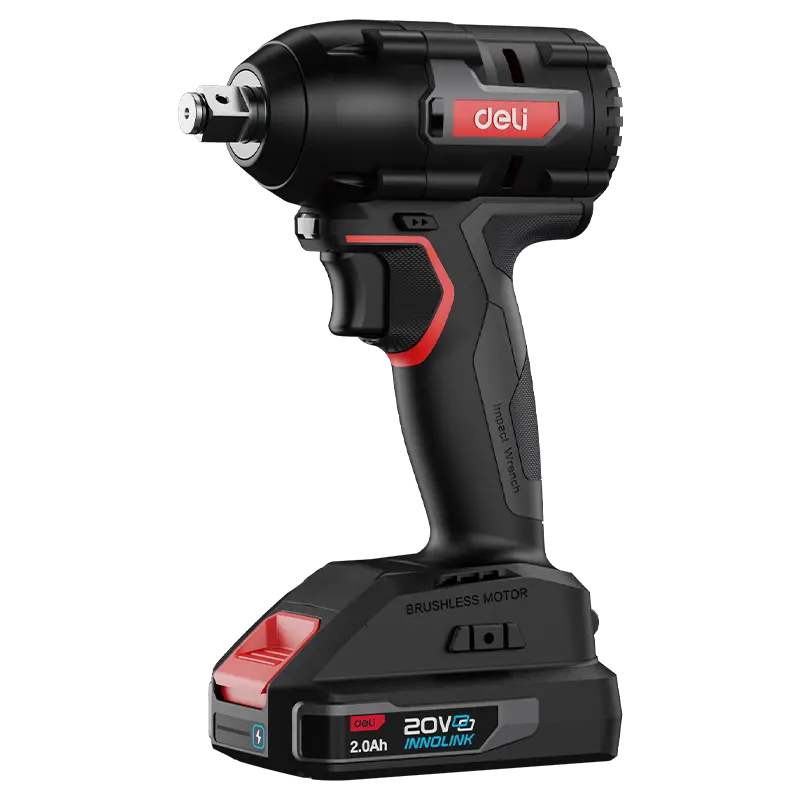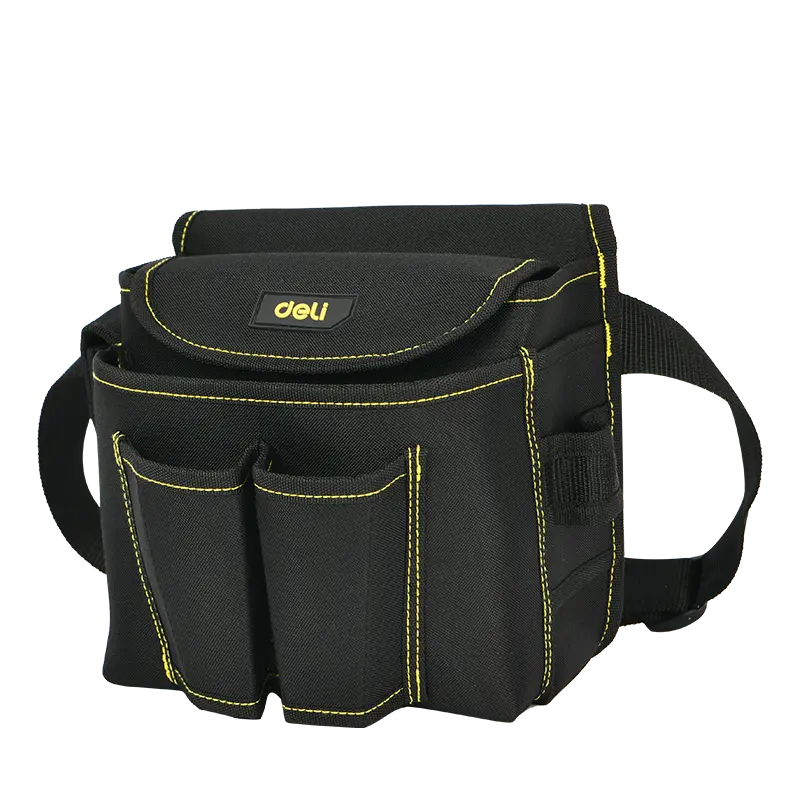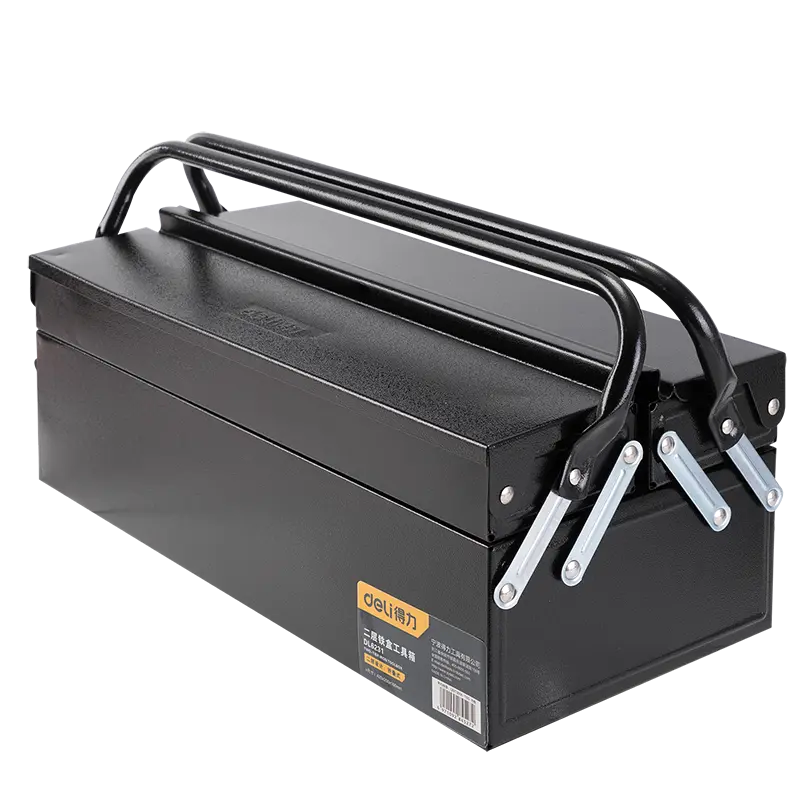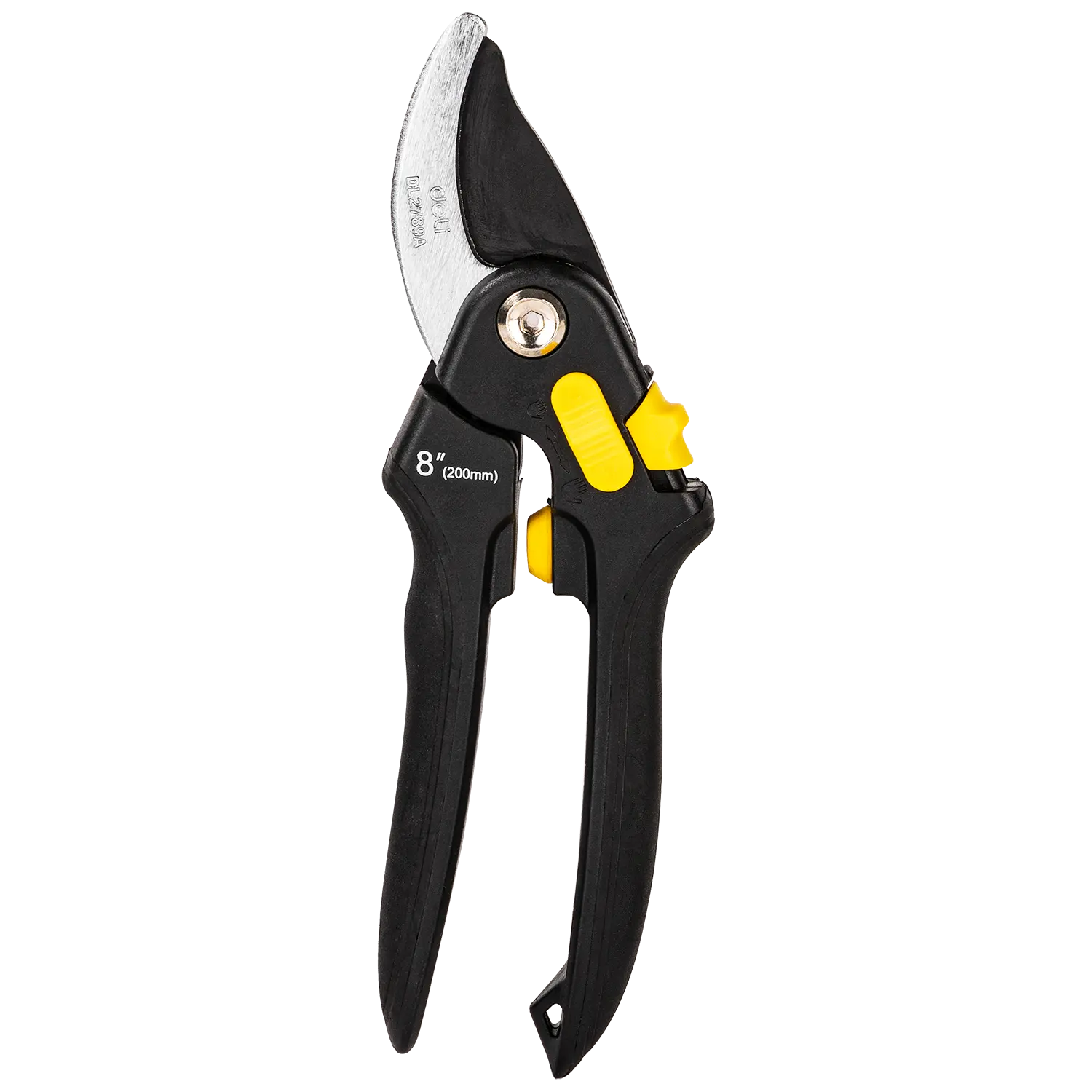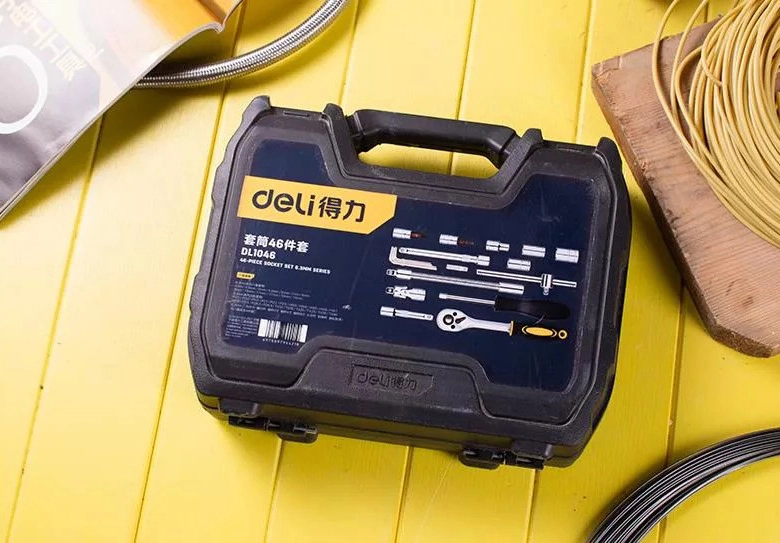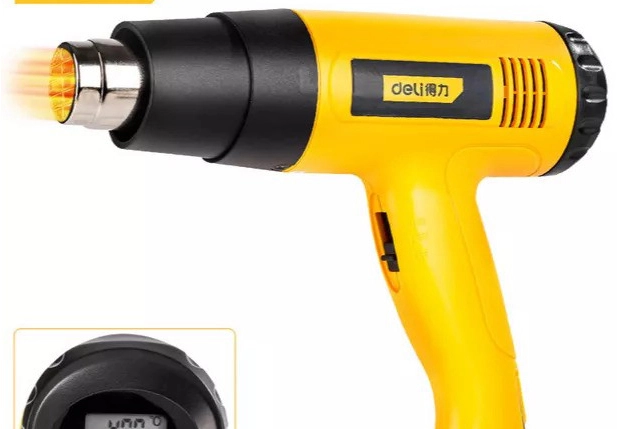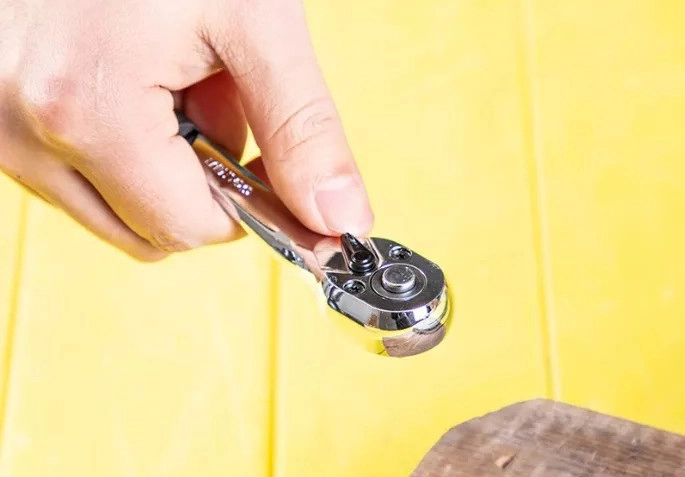When it comes to the world of tools and hardware, the wrench is a fundamental piece that finds its way into nearly every toolbox. Known for its versatility and indispensable nature, the wrench has been an essential instrument for both professionals and DIY enthusiasts alike. But what exactly is a wrench used for? This article dives into the myriad applications of this tool, shedding light on its utility in various scenarios.
Understanding the Basics of a Wrench
A wrench is designed to provide grip and mechanical advantage in applying torque to turn objects—typically rotary fasteners, such as nuts and bolts—or to keep them from turning. In simple terms, wrenches are used to tighten or loosen bolts and nuts. There are many types of wrenches, each suited to specific tasks, which further expands their utility in various fields.
The construction of a wrench involves a handle that applies leverage, allowing the user to increase force output to the turning motion. This basic principle underlies the effectiveness of the wrench in numerous applications, from automotive repair to plumbing and beyond.
Applications in Automotive Repairs
One of the most common uses of a wrench is in the automotive sector. Mechanics rely on different types of wrenches to assemble and disassemble parts of vehicles. Whether it's changing a tire, replacing a battery, or performing engine work, a wrench is an indispensable tool in the mechanic's arsenal.
Specific tasks, such as adjusting the tension on belts or removing spark plugs, require precise torque application that only a wrench can provide. This highlights the importance of the wrench in maintaining and repairing vehicles, ensuring they operate efficiently and safely.
Utility in Plumbing
In the world of plumbing, a wrench is equally vital. Plumbers use wrenches to tighten or loosen pipes, fittings, and faucets. The ability of a wrench to grip round objects makes it an ideal tool for working on pipes, especially in tight spaces where other tools might not fit.
The plumber's wrench, often known as a pipe wrench, is specifically designed for these tasks, showcasing the specialized variations of the wrench for particular jobs. Whether it's fixing a leaky faucet or installing new pipes, a wrench is a plumber's best friend.
Maintenance and Construction Uses
Beyond automotive and plumbing applications, wrenches are widely used in maintenance and construction projects. From assembling furniture to building structures, a wrench plays a crucial role in fastening components together securely. Learn more from Deli Tools Global, which is a leading adjustable wrench supplier, pipe wrench manufacturer, automotive wrench and impact wrench manufacturer.
In maintenance work, whether it's tightening loose bolts on machinery or equipment or disassembling parts for cleaning or repair, a wrench is essential. Its ability to apply significant torque accurately ensures that structures and machinery are assembled correctly and operate reliably.
Construction workers and carpenters also rely on wrenches for constructing frames, installing fixtures, and more. The precision and reliability of a wrench make it an invaluable tool in ensuring the integrity and durability of constructions.
Conclusion
The versatility of a wrench extends far beyond simple tightening and loosening tasks. Its applications span across various industries—from automotive repairs to plumbing, maintenance, and construction. The design and functionality of a wrench enable it to perform tasks that require precision, making it an essential tool in both professional settings. Understanding the different types of wrenches from the wrench manufacturer and their specific uses can greatly enhance one's efficiency in tackling tasks that involve fasteners and fittings. In essence, the wrench is not just a tool but a fundamental instrument that epitomizes mechanical advantage at its finest.


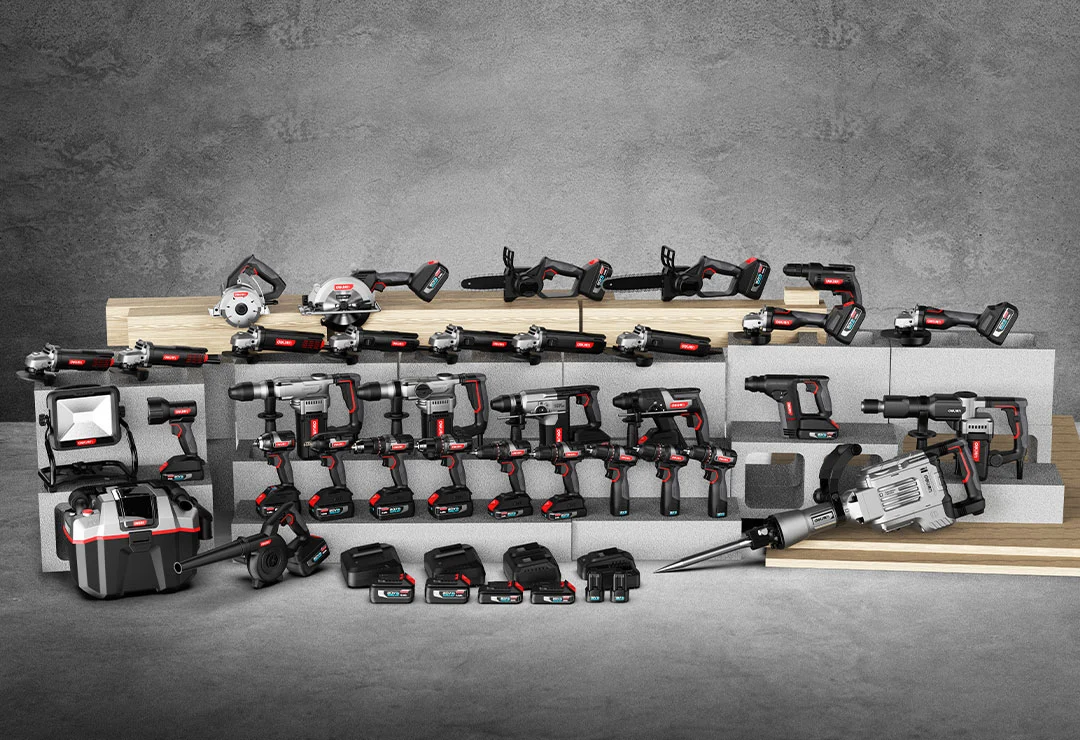
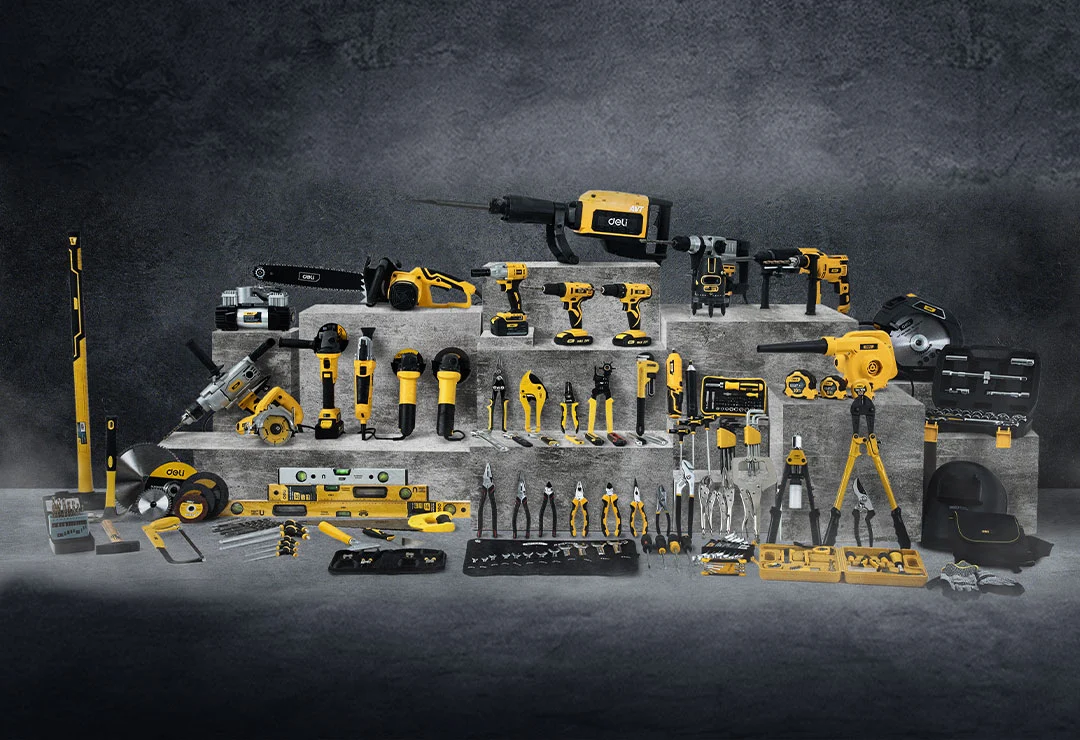
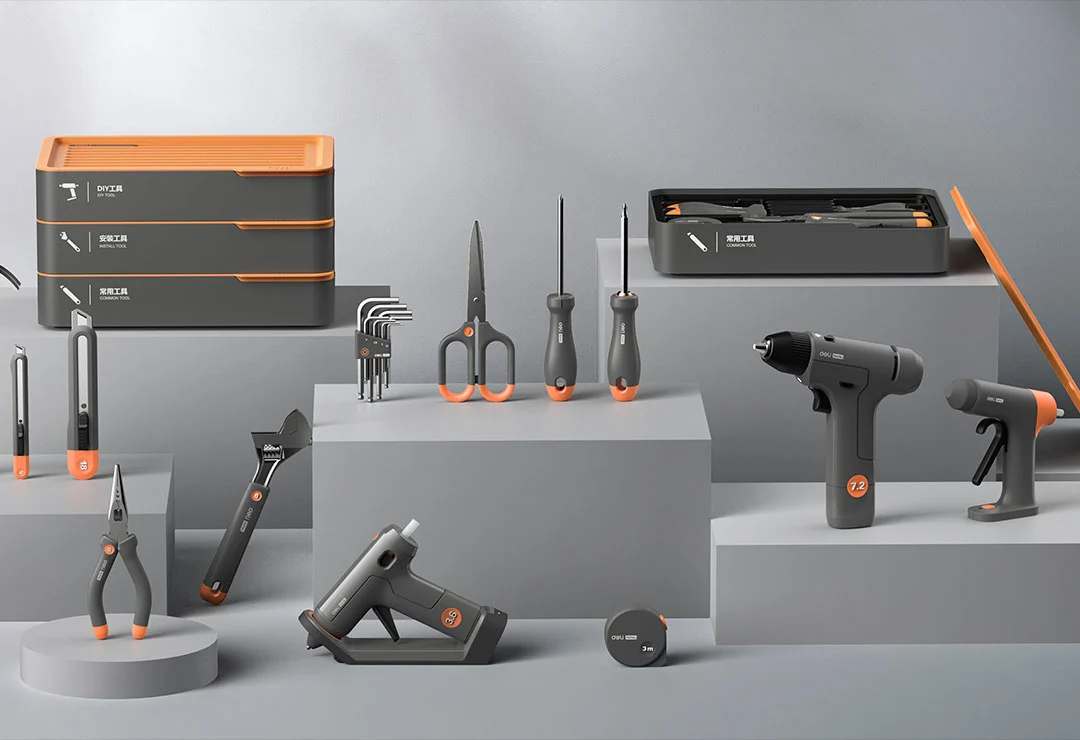
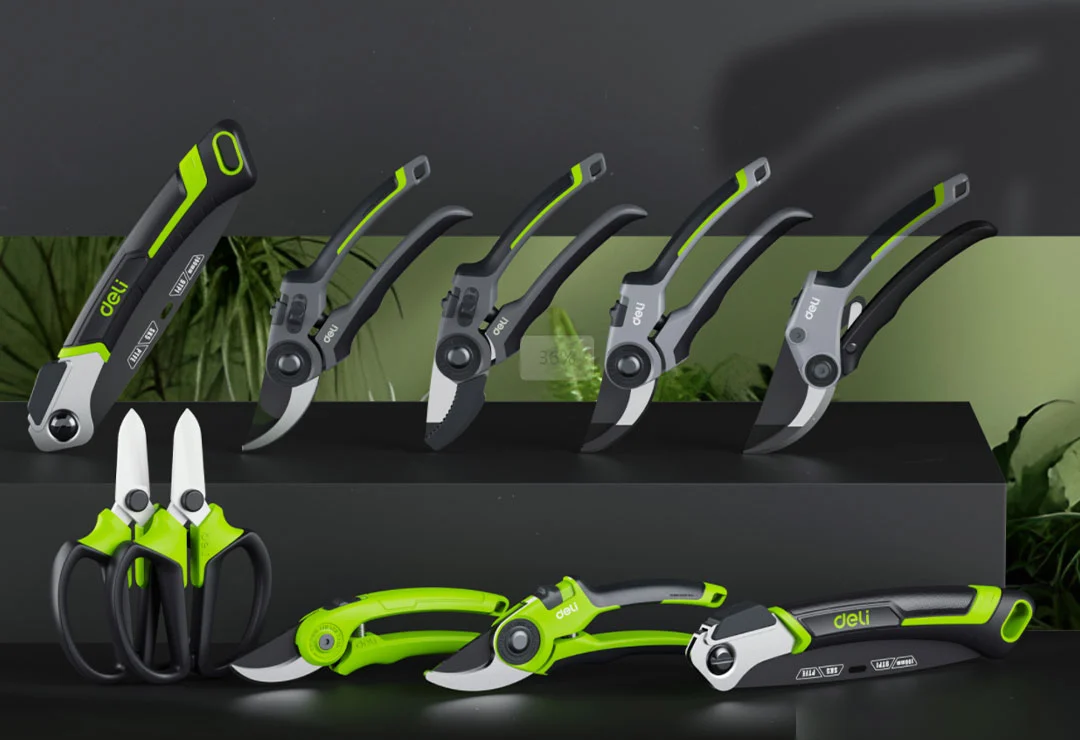
 EN
EN
 jp
jp  ko
ko  fr
fr  de
de  es
es  it
it  ru
ru  pt
pt  ar
ar  vi
vi  th
th  hi
hi  pl
pl  id
id  el
el 